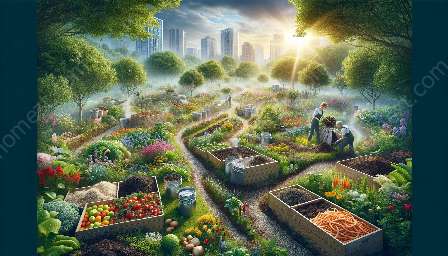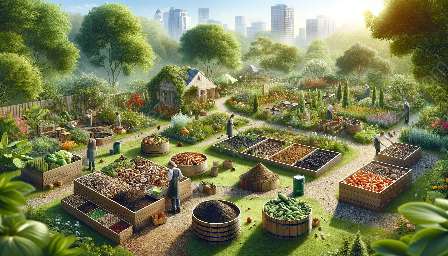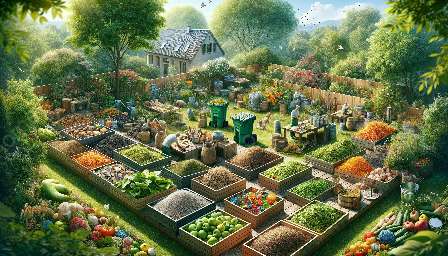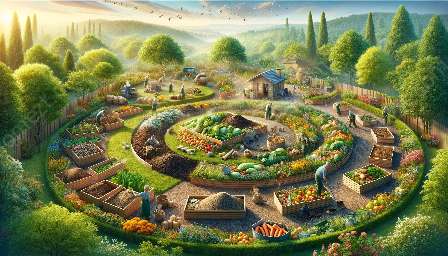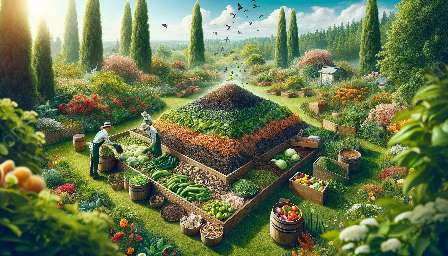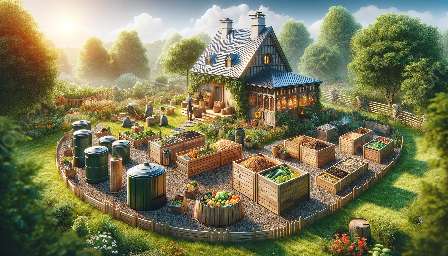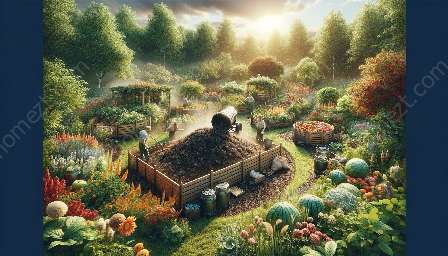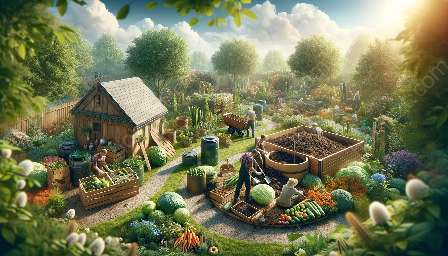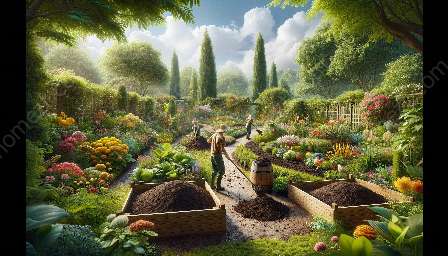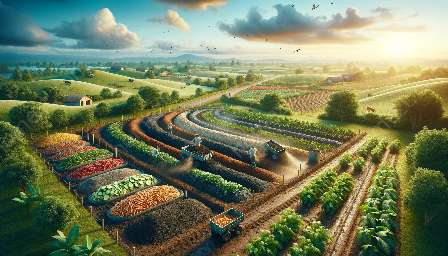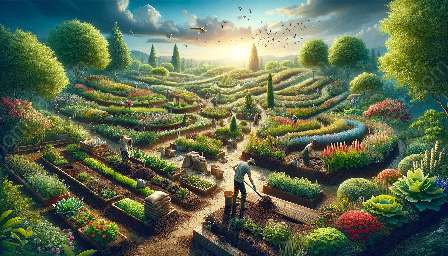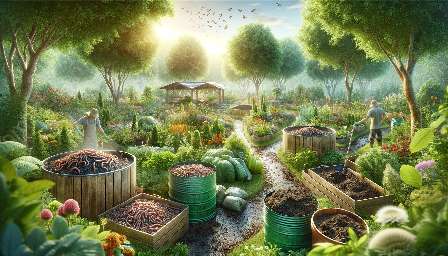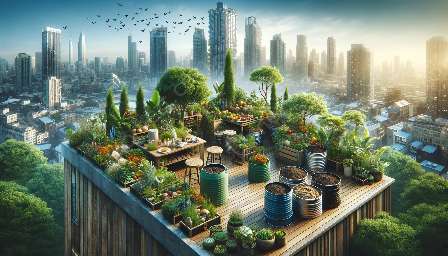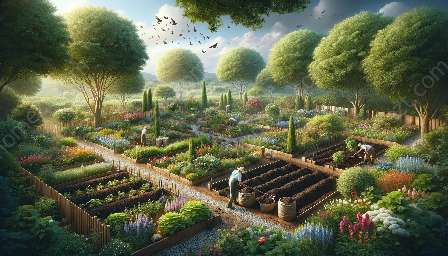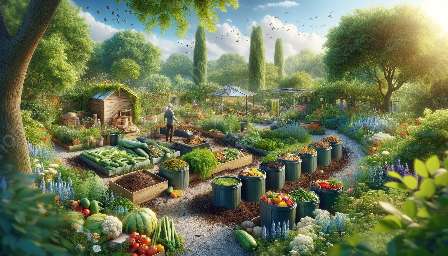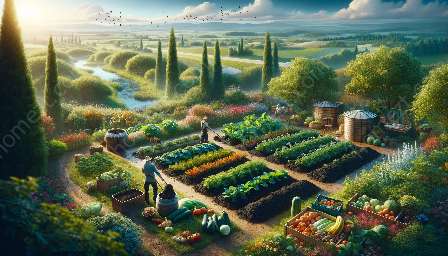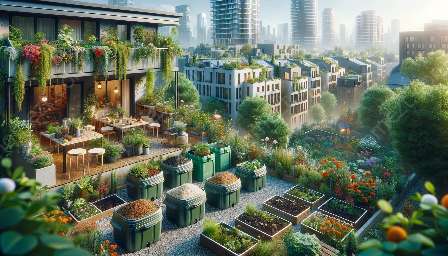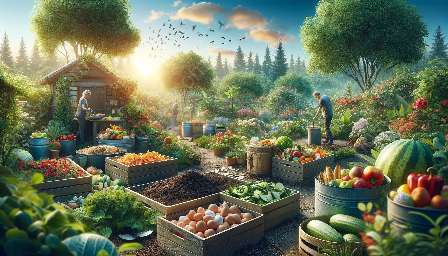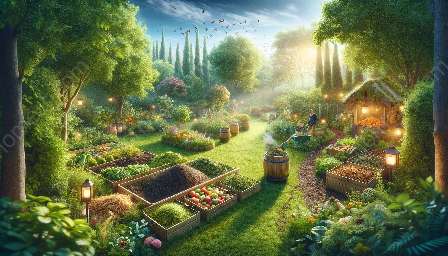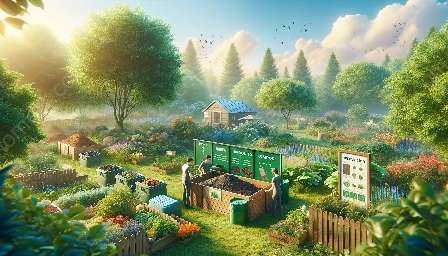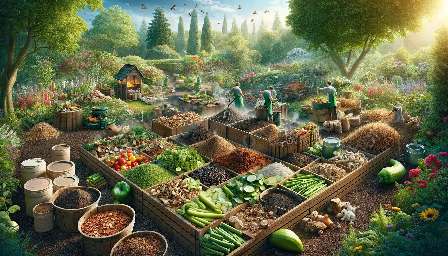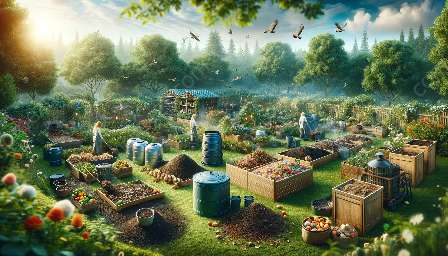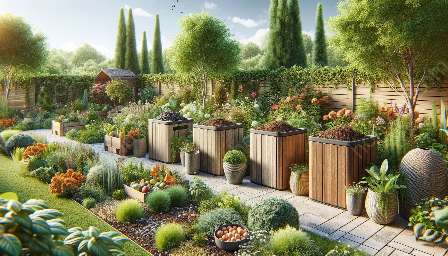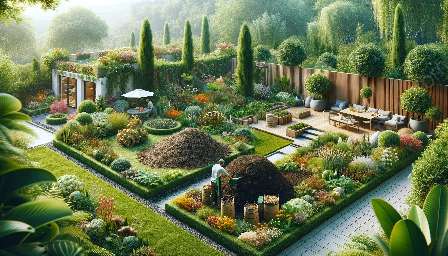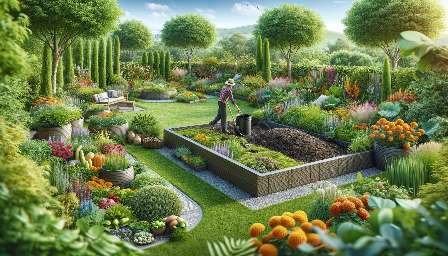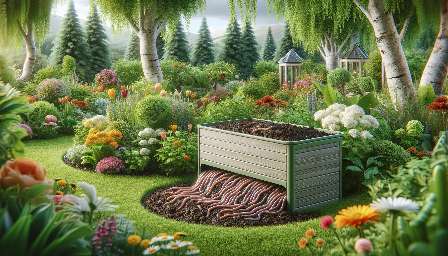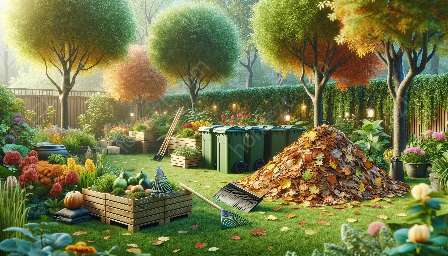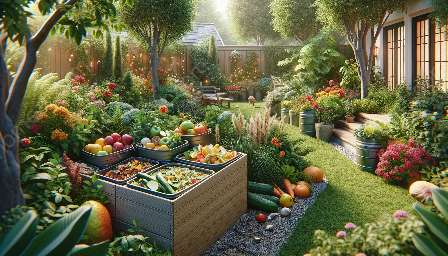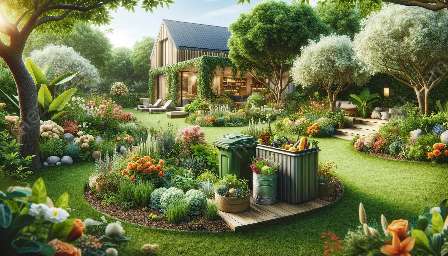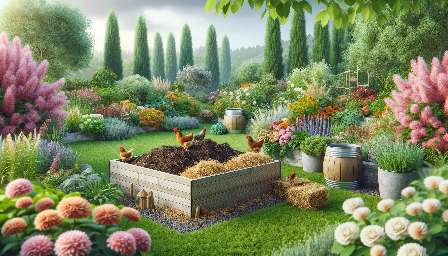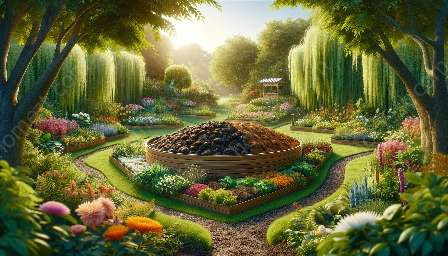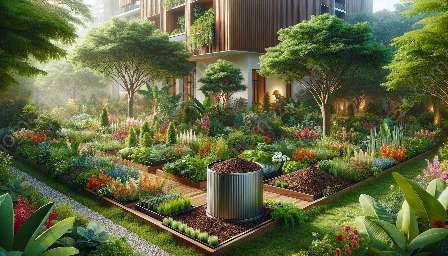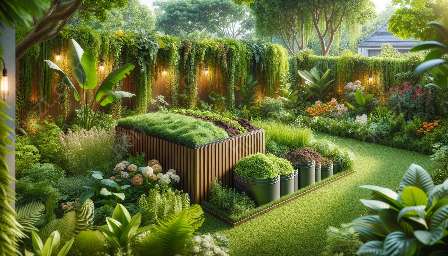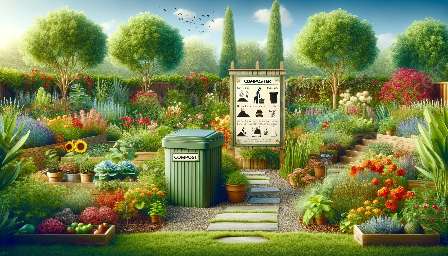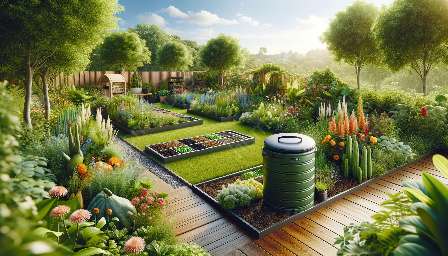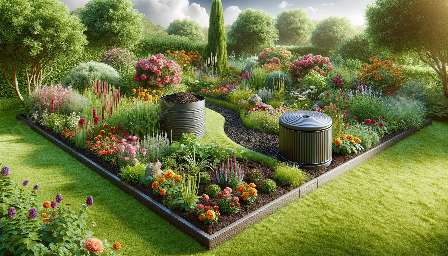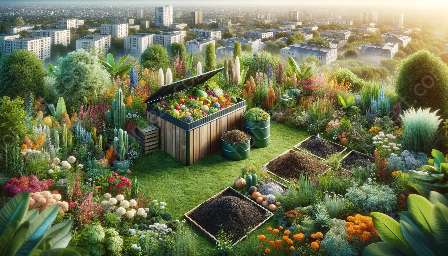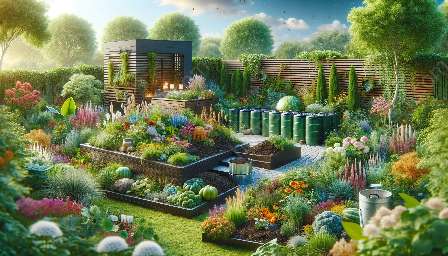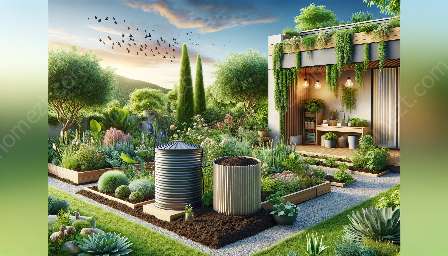Composting is an essential practice for sustainable gardening and landscaping, providing a natural way to recycle organic waste and nourish the soil. In this guide, we'll explore the complete composting process, its compatibility with gardening and landscaping, and the key steps to achieve successful composting.
Understanding Composting
Composting is the biological process of decomposing organic materials, such as kitchen scraps, yard waste, and plant debris, into a nutrient-rich soil amendment known as compost. This natural process mimics the decomposition that occurs on the forest floor, where organic matter breaks down over time.
Benefits of Composting
Composting offers numerous benefits for both gardening and landscaping. It enriches the soil with essential nutrients, improves soil structure and water retention, suppresses plant diseases, and reduces the need for chemical fertilizers. By incorporating compost into the soil, gardeners and landscapers can enhance the overall health and vigour of their plants while fostering a more sustainable approach to land management.
Key Steps in the Composting Process
1. Material Selection: Choose a balanced mix of organic materials, including green (nitrogen-rich) and brown (carbon-rich) components, such as fruit and vegetable scraps, grass clippings, leaves, and wood chips.
2. Layering: Alternate layers of green and brown materials to create a well-balanced compost pile or bin. This layering helps optimize the breakdown process and prevent odors.
3. Aeration: Regularly turn or aerate the compost pile to promote oxygen flow and microbial activity, accelerating decomposition.
4. Moisture Management: Maintain the right level of moisture in the compost pile, akin to a wrung-out sponge, to support the microbial organisms responsible for decomposition.
5. Monitoring: Keep an eye on the composting process, checking for temperature, smell, and moisture levels, and make adjustments as needed to ensure optimal conditions for decomposition.
Composting and Gardening & Landscaping
Composting seamlessly integrates with gardening and landscaping practices, providing a sustainable source of nutrient-rich compost to enhance soil fertility, improve plant health, and promote biodiversity. Gardeners can use homemade compost as a soil amendment, mulch, or potting mix, while landscapers can apply compost to enrich and revitalize the soil in various outdoor settings, including lawns, flowerbeds, and vegetable gardens.
Conclusion
Composting is a natural, environmentally friendly process that aligns with the principles of sustainable gardening and landscaping. By understanding the composting process and its compatibility with gardening and landscaping, individuals can harness the power of organic waste to create a valuable resource for nurturing their outdoor spaces.

